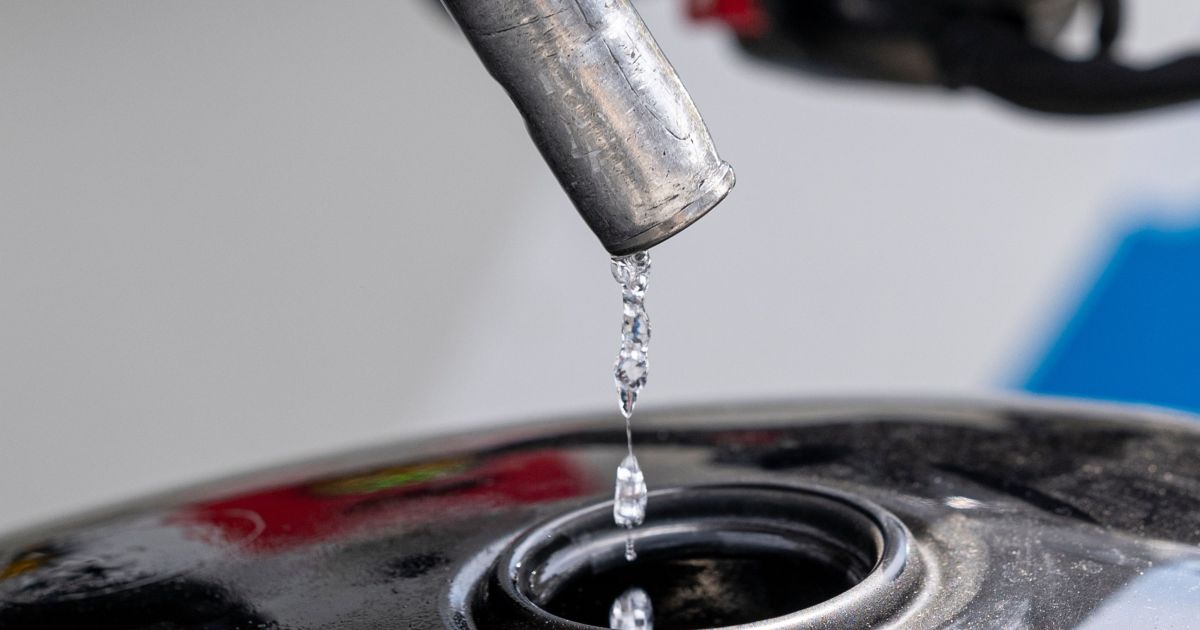Oil prices sank 4 percent on Monday alongside equities, as continued coronavirus lockdowns in China, the top oil importer, sparked demand concerns.
Global financial markets have been rattled by concerns over interest rate hikes and wider lockdowns in China.
Brent crude fell $4.47, or 4 percent, to $107.92 a barrel at 11:14pm EDT (15:14 GMT). United States West Texas Intermediate crude fell, or 4.3 percent, $4.67 to $105.10 a barrel. Both contracts have gained more than 35 percent so far this year.
Global financial markets have been spooked by concerns over interest rate hikes and recession worries as tighter and wider COVID-19 lockdowns in China led to slower export growth in the world’s No. 2 economy in April.
“The COVID lockdowns in China are negatively impacting the oil market, which is selling off in conjunction with equities,” said Andrew Lipow, president of Lipow Oil Associated in Houston.
Crude imports by China in the first four months of 2022 fell 4.8 percent from a year ago, but April imports were up nearly 7 percent.
China’s Iranian oil imports in April came off peak volumes seen in late 2021 and early 2022 as demand from independent refiners weakened after COVID-19 lockdowns pummeled fuel margins and on growing imports of lower-priced Russian oil.
Wall Street stock indexes fell and the dollar hit a 20-year high, making oil more expensive for holders of other currencies.
Saudi Arabia, the world’s top oil exporter, lowered crude prices for Asia and Europe for June.
READ ALSO: China: held new military drills near Taiwan amid tensions with the US
In Russia, oil output rose in early May from April and production has stabilized, Deputy Prime Minister Alexander Novak was cited as saying, after output fell in April as Western countries imposed sanctions over the Ukraine crisis.
EU Russia oil embargo
Last week, the European Commission proposed a phased embargo on Russian oil, boosting Brent and WTI prices for the second straight week. The proposal needs a unanimous vote by EU members this week to pass.
The European Commission is considering offering landlocked eastern European Union states more money to upgrade oil infrastructure in a bid to convince them to agree, an EU source told Reuters news agency.
Japan, top five crude importer, will ban Russian crude imports “in principle”, Prime Minister Fumio Kishida said, adding this would take time.













